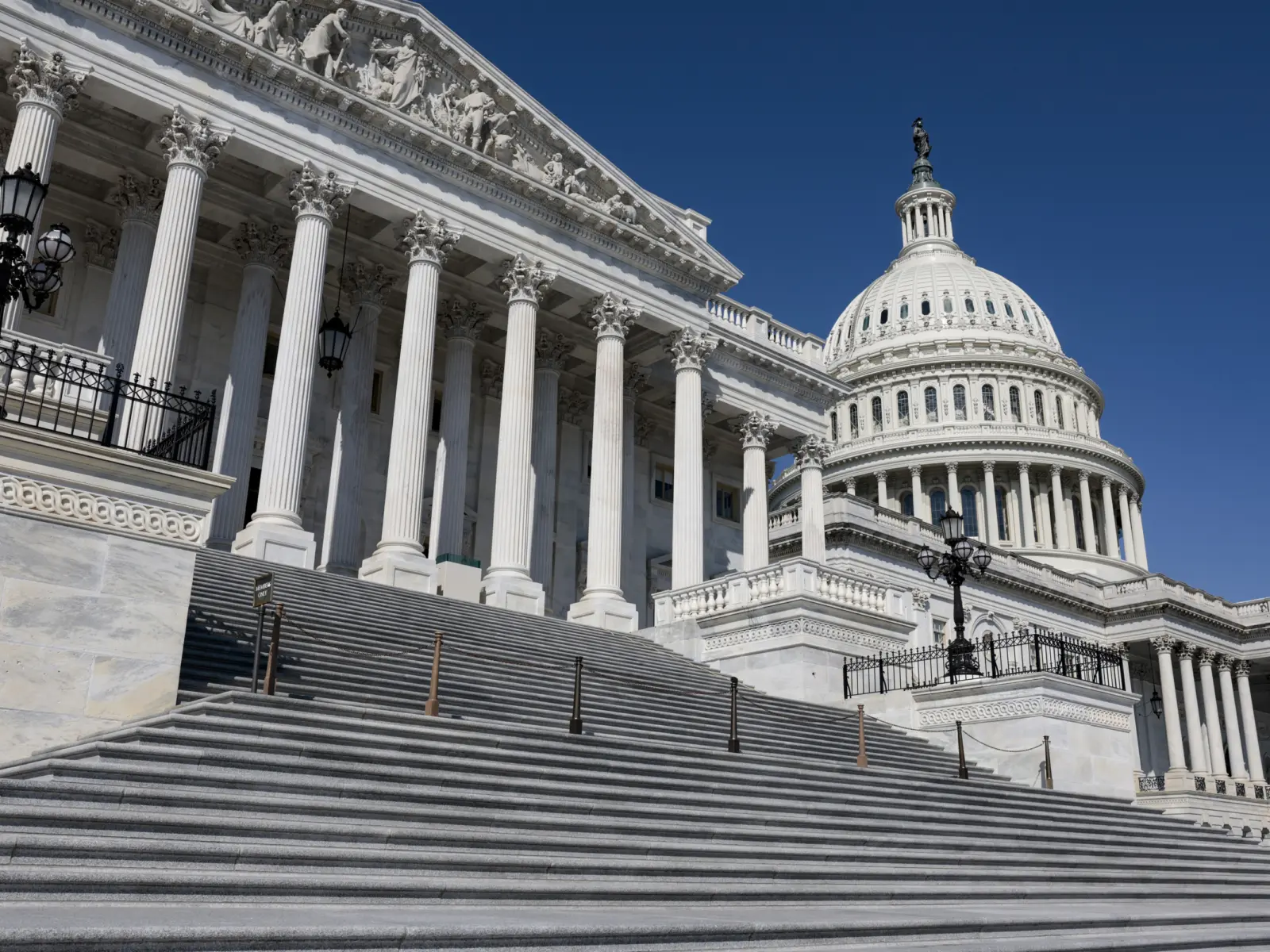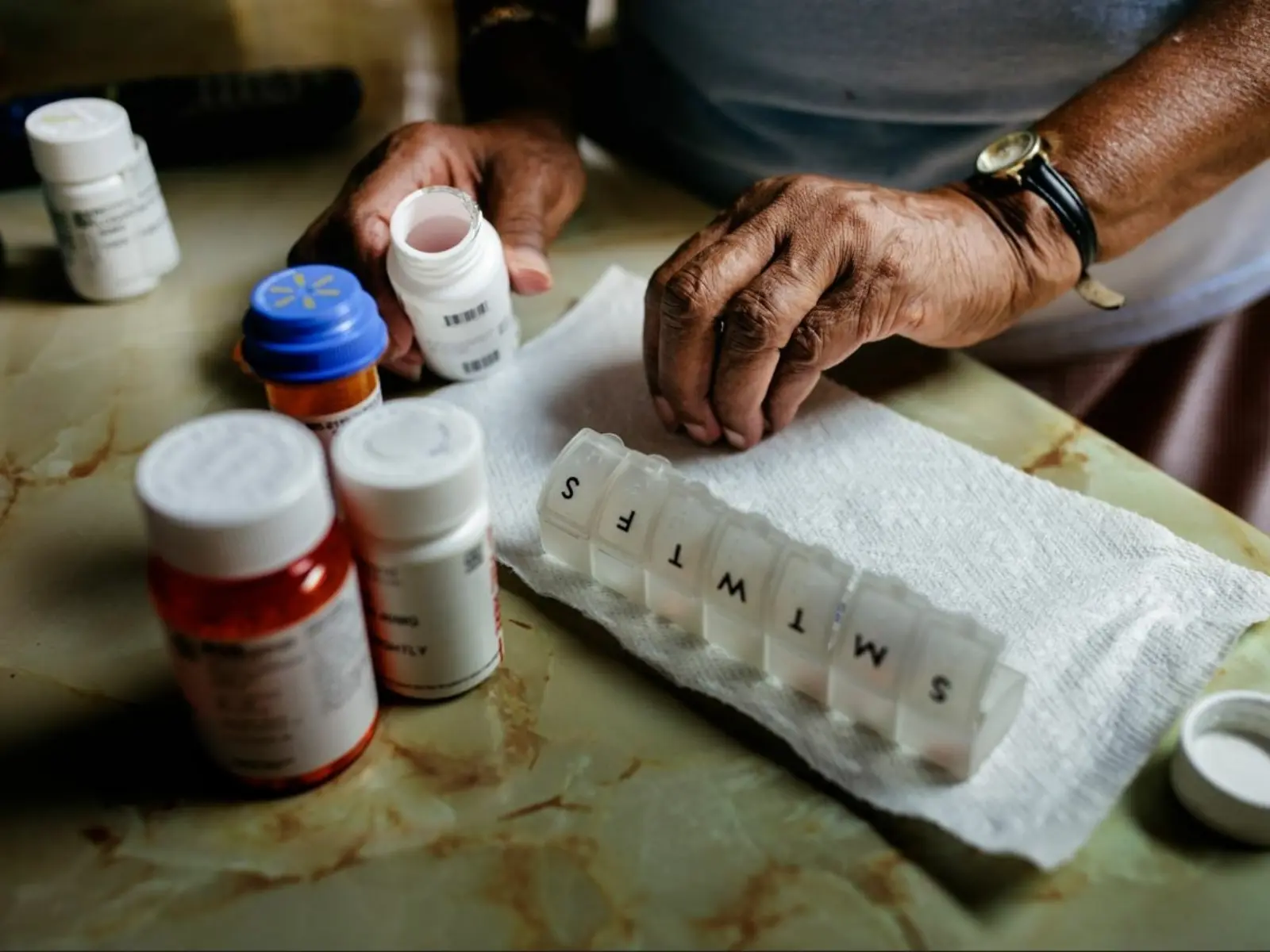As the Centers for Medicare & Medicaid Services (CMS) works to implement drug pricing reforms, AV’s drug pricing team submitted comments on the Medicare negotiation process. Broadly, AV’s comments address areas like market competition, balancing the need for confidentiality with public interest in transparency, and keeping the negotiation framework strong.
CMS will announce the first ten high-priced medications for the bargaining table in September. While the reforms continue to move forward, read three evidence-based reasons that allowing the government to negotiate for the prices of its medications just makes sense:
1. Millions of Americans will pay lower prices for brand medications.
Evidence suggests Medicare negotiation will help millions of people to pay for drugs that were previously unaffordable. From a list of 100 medicines that Medicare spends the most on, 10 will be chosen for negotiation in September. This first batch involves drugs without direct competitors that have been on the market for a minimum of nine years. Medications like Eliquis, a blood thinner, are among those that may qualify for first-round negotiations. In 2020, there were 2.6 million beneficiaries taking the medicine, including those with atrial fibrillation. Untreated, atrial fibrillation can lead to life-threatening complications like heart failure or stroke. According to an analysis by AV grantee Patients For Affordable Drugs, Eliquis’s list price more than doubled since entering the market in 2013.
2. Medicare negotiation helps address the financial toxicity of being sick.
Financial toxicity refers to the harmful impact of high-cost treatment on a person’s quality of life. Health care in the United States is more expensive than any other country in the world. Drug prices in the United States are two to five times higher than drug prices charged in Europe, and overall spending on U.S. prescription drugs continues to rise. Evidence has long linked behaviors associated with high drug prices – like skipping doses or not filling prescriptions, reducing spending on food and borrowing money – to financial toxicity. Millions of Americans will be better able to afford their drugs under Medicare negotiation, improving patients’ and families’ bottom lines.
3. Targeting drugs that account for disproportionate spending is an efficient use of government resources.
Medicare negotiation will target some of the costliest drugs in the program, which makes sense given that large shares of Medicare drug spending can be attributable to just a few drugs, including those to treat cancer, blood clots, rheumatoid arthritis, osteoporosis, and macular degeneration.
New research published in JAMA from AV grantee the Program on Regulation, Therapeutics, and Law analyzed the 50 top-selling drugs in Medicare in 2020 and found 27 drugs account for $19.3 billion in net spending. The Congressional Budget Office estimates negotiation authority will save the program nearly $100 billion over 10 years, resulting in lower costs to patients and taxpayers.
















